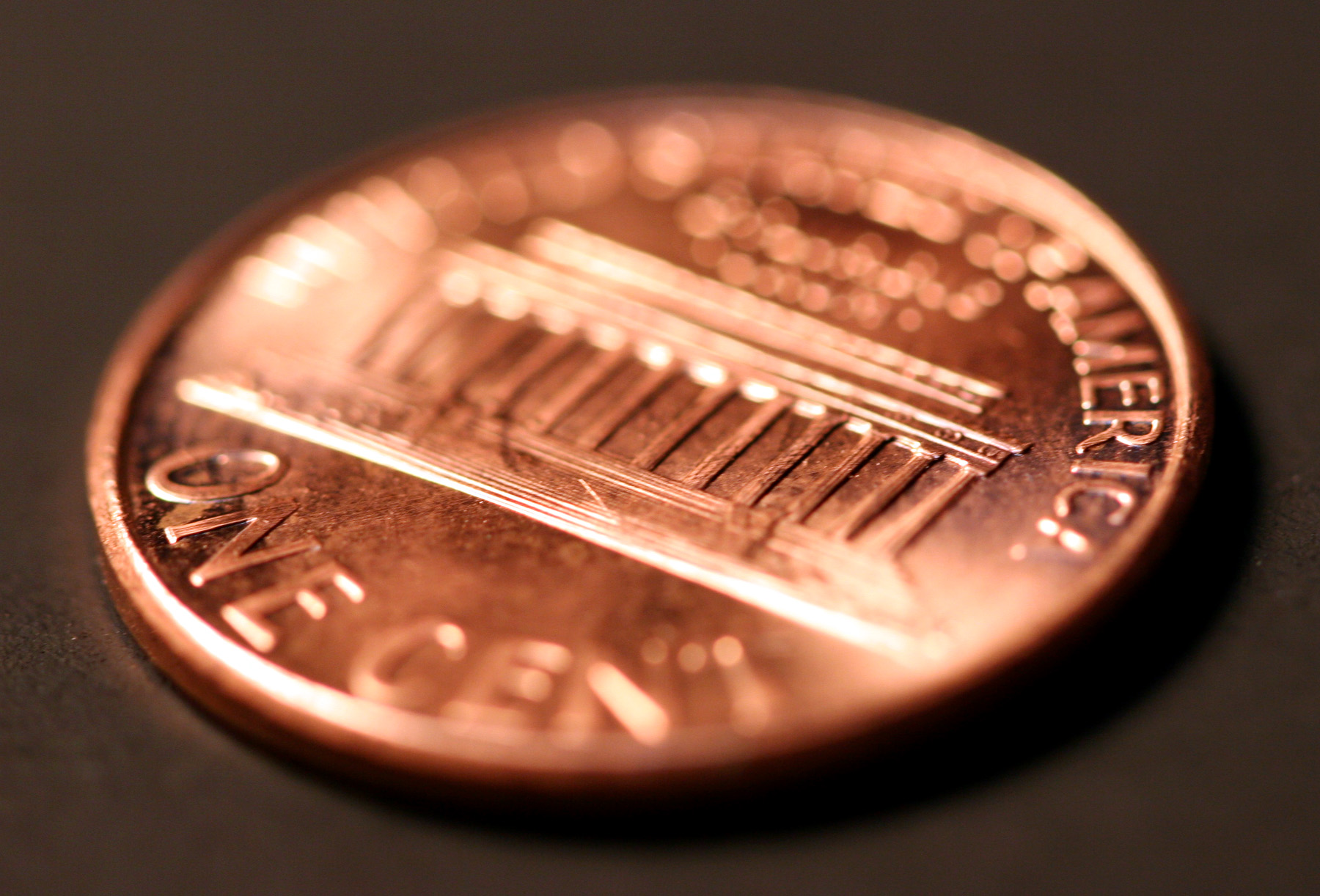
15 Dec How to pay for a retirement home
Photo: dhester/morguefile.comQ. We have just purchased a home in Delaware and would like to pay cash for it. We have not sold our home in New Jersey, nor have we sold a New Jersey rental for which my husband is a part owner. Neither house is on the market yet but our Delaware townhouse will be done by the end of January. After all is said and done, and overestimating (I hope) the final cost, we are looking at $400,000. I just want to know the best place to draw this money from. We are old enough to take from our Roth IRA which would be tax-free, and other IRAs as well. We also have some money in savings bonds that were an inheritance, as well as money markets and Certificates of Deposit (CDs). Some people have suggested we take a home equity loan out but we are not cool with having debt. What is our best option?
A. For starters, without knowing all the facts about your financial situation, we can only speak generally. Make sure, before you take action, that you consult with someone who knows your finances more intimately so you don’t do something that has unintended consequences for your situation.
Generally speaking, you’ve got many options.
Vince Pallitto, a certified financial planner and certified public accountant with Summit Asset Management in Florham park, says he tells clients to think of their financial situation as a bathtub.
“In order to fill up the tub, the inflows have to exceed the outflows,” Pallitto says. “Obviously, financial inflows are savings and earnings, and outflows are cost of borrowing, taxes and inflation.”
Pallitto says while he likes the idea of taking a home equity loan to temporarily bridge the gap between the purchase of the new home and the sale of the old home, it’s a matter of numbers.
He assumes a home equity loan would cost about 2.75 to 3.5 percent, while money markets are paying less than 0.2 percent, one-year CDs are paying less than 1 percent and the savings bonds are probably paying less than the cost of borrowing.
“Therefore without knowing their tax bracket and any other facts, I would suggest using the low yielding investments to buy the house and if it’s not enough, than utilize a home equity line for the balance,” he says. “I would not suggest taking money out of their IRA or Roth IRAs because they should be earning more than the cost of borrowing.”
We get that you don’t love the idea of taking on debt, though.
Michael Gibney, a certified financial planner with Highland Financial in Riverdale, says the decision to take a mortgage is often a subjective one.
“As advisors, we can explain that taking a mortgage at current rates makes good financial sense,” he says. “The theory is you can borrow money at very low rates — effectively lower than the nominal rate after you factor in the tax deduction — and potentially invest the money you would have used to purchase the home outright and potentially earn a higher return.
But there are some people who simply do not want any debt, so this trumps the financial argument above, Gibney says.
If you have cash available — which is earning a paltry return in securities like CDs or money markets — there is a strong argument to use this first, Gibney says, because even though mortgage rates are very low, you are earning very little in these securities so you are not “losing” anything.
“Because of the way savings bonds pay interest, they do not benefit from a step-up in basis as other inherited assets may,” Gibney says. “The interest earned on savings bonds is taxed as ordinary income, so these may not be the best option.”
You can look online to see whether or not the bonds have matured, what they are worth today, and how much interest has been “earned” and taxable.
The last place to take funds from is an IRA because any funds withdrawn from an IRA are taxed as ordinary income as long as it was funded with all pre-tax income, Gibney says. The Roth is an option, but why take money from a tax-deferred account when you don’t have to, he says.
“A HELOC is a good temporary solution,” Gibney says. “If you were to borrow from a HELOC, you can repay it when property is sold.”
Finally, he says, it’s important to remember that only $100,000 of HELOC debt is deductible.
Good luck with the move, and New Jersey is sorry to see you go! After you sell, make sure you’re up-t0-date on everything you need to know about the capital gains exclusion and the exit tax.
Email your questions to Ask@NJMoneyHelp.com.
This story was first posted in December 2014.
NJMoneyHelp.com presents certain general financial planning principles and advice, but should never be viewed as a substitute for obtaining advice from a personal professional advisor who understands your unique individual circumstances.
